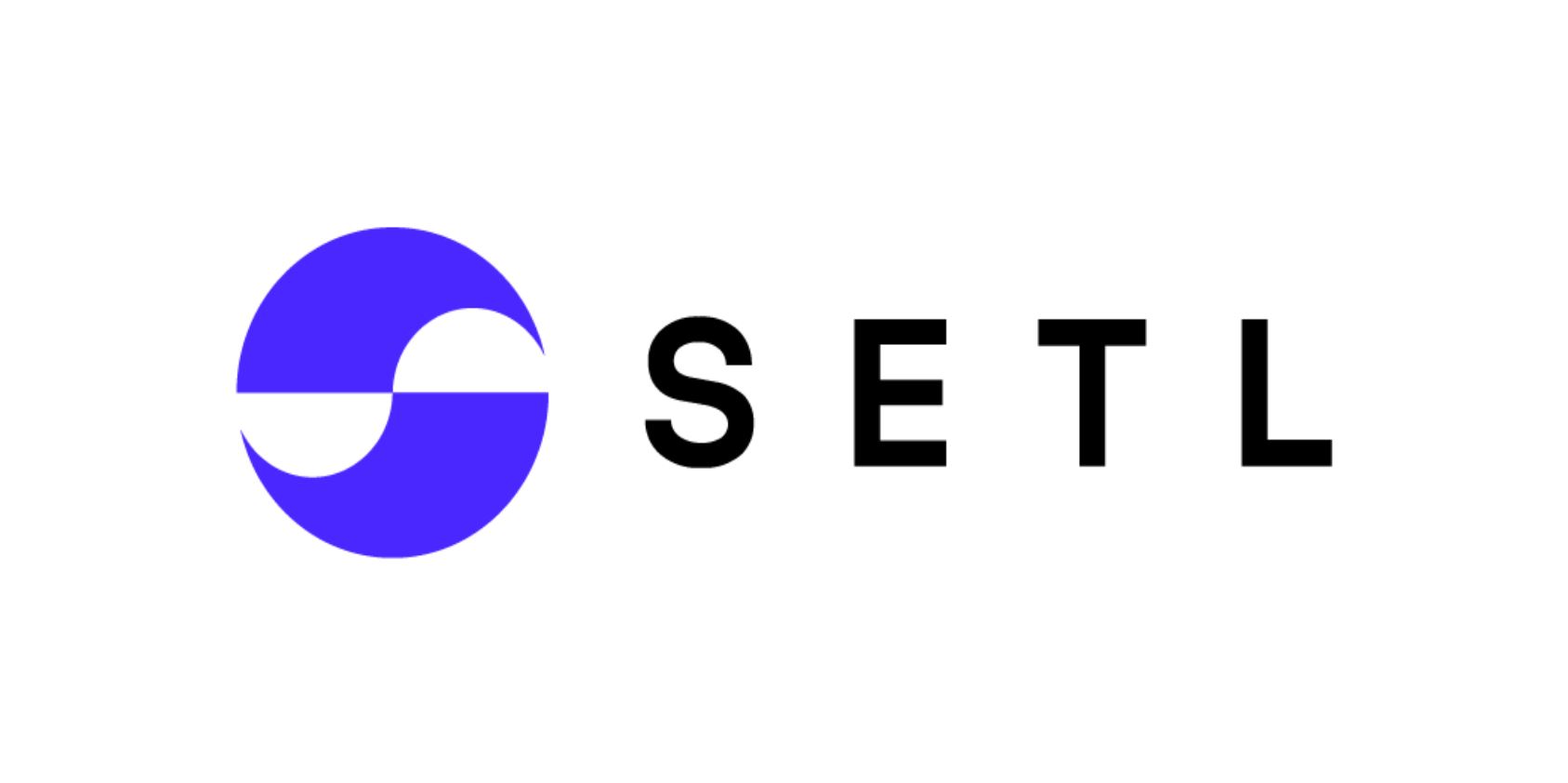SETL Supports U.S. Banking Community in RLN U.S. Proof of Concept
July 7, 2023 – Enterprise distributed ledger technology (DLT) firm SETL, part of the Colendi Group, successfully supported a proof of concept (PoC) that explored the feasibility of the regulated liability network (RLN) concept. That concept envisions an interoperable network for wholesale payments operating on a shared multi-entity distributed ledger. SETL acted as one of the core technology providers hosting ledgers and smart contract wallets for all participants.
The experiment tested the ability of the proposed platform to improve financial settlements across central banks, commercial banks, and regulated non-banks by addressing challenges related to speed, cost, off-hours availability, and the settlement process. The experiment was conducted in a test environment and used only simulated data. All simulated liabilities were denominated in U.S. dollars (USD).
The RLN technology established a shared ledger framework that contained tokenized central bank liabilities and commercial bank liabilities (i.e., deposit tokens). The PoC focused on the following two use cases:
- Domestic Interbank Payments: This use case simulated wholesale USD payments between commercial banks and was intended to prove the core functionality of the proposed payment system. Transactions were conducted in commercial bank deposit tokens and settled using a theoretical wholesale central bank digital currency (wCBDC), a tokenized record of a central bank deposit liability.
- Cross-Border Payments in USD: This use case focused on USD wholesale payments outside of the U.S. and explored the potential of the concept to enhance the experience of global users of USD as an international trade and settlement currency.
The PoC successfully simulated both scenarios, identifying shared ledger technology as a potential solution to support payment innovation.
The technical workstream validated that the proposed architecture was able to deliver 24/7 atomic settlement based on existing account and settlement structures. It also determined that a consistent shared ledger could be established between participants, providing a common point of settlement finality.
All test scenarios were successfully executed using multiple technology configurations, demonstrating interoperability. Transactions were conducted using standard ISO20022 messages. The technical sandbox successfully recorded, transferred, and settled liabilities in near real-time whilst maintaining strict data privacy across those participants.
The technical group also explored elements of programmability. This included the deployment of smart contracts to orchestrate agreements between parties on the RLN network. For this, SETL successfully deployed a new smart contract framework designed to work securely across a range of traditional and DLT ledgers.
Anthony Culligan, CEO, SETL, commented “This PoC was an exciting test of a new kind of settlement environment. The results show that it is possible for banks to potentially synchronise their DLT ledgers to achieve complex value transfers between their clients on a real-time basis. The experiment also demonstrated a viable approach to programmability and smart contracts which can work across both traditional and DLT ledgers. The RLN network design presents an environment for future innovation and we welcome future technical research in this space.
For information from the group of financial market institutions that participated in the study, see here (https://shorturl.at/emEIJ ). To read the full technical, legal, and business reports, see here (https://www.rlnuspoc.org/home#subpage/introduction/section/zh487 ).
For more information, please contact Amanda Porter at amanda.porter@setl.io



